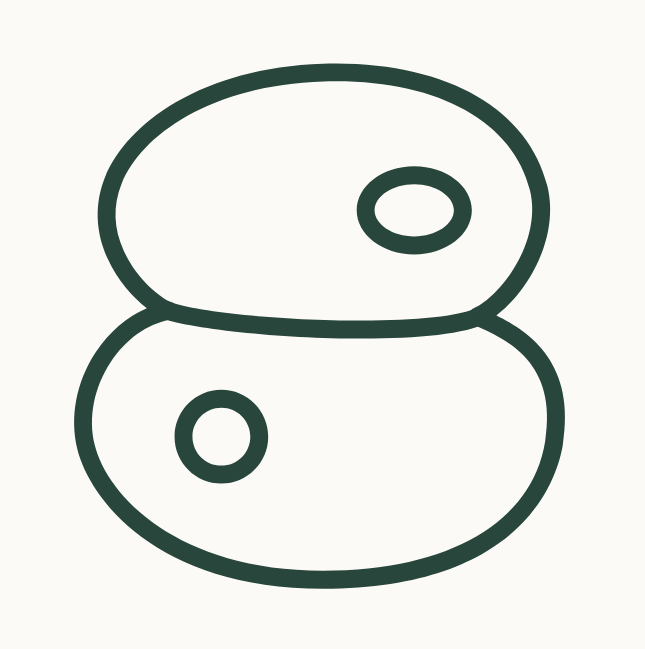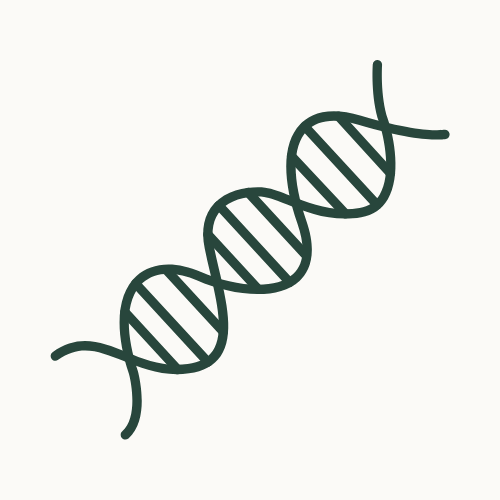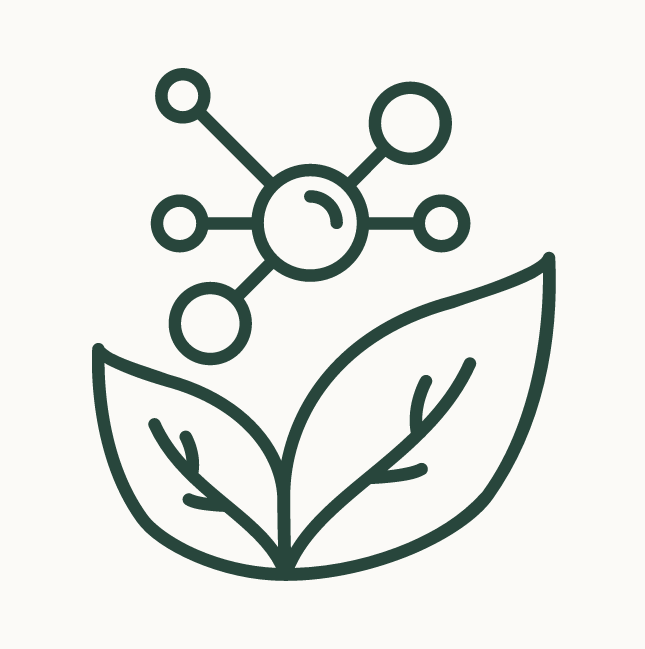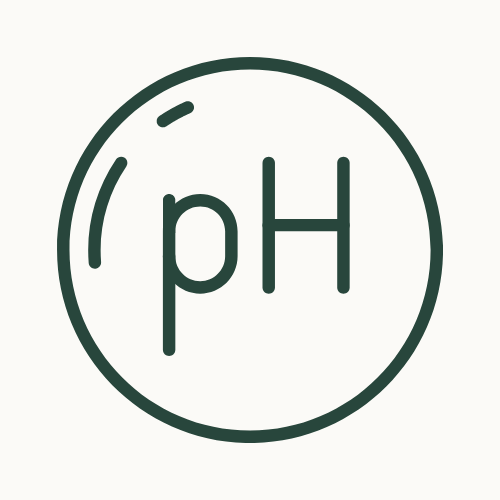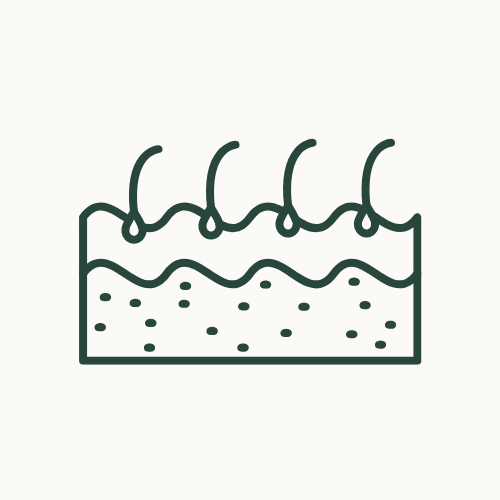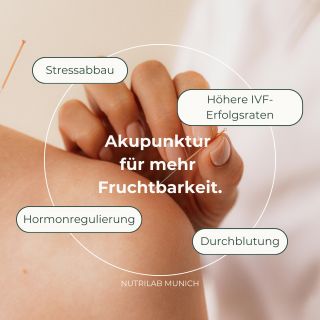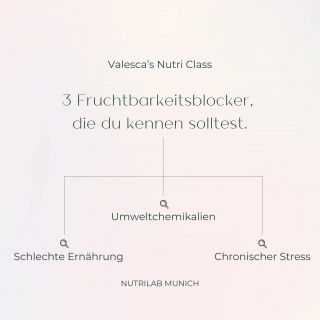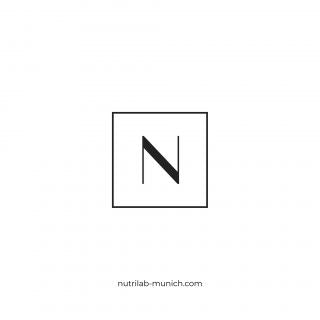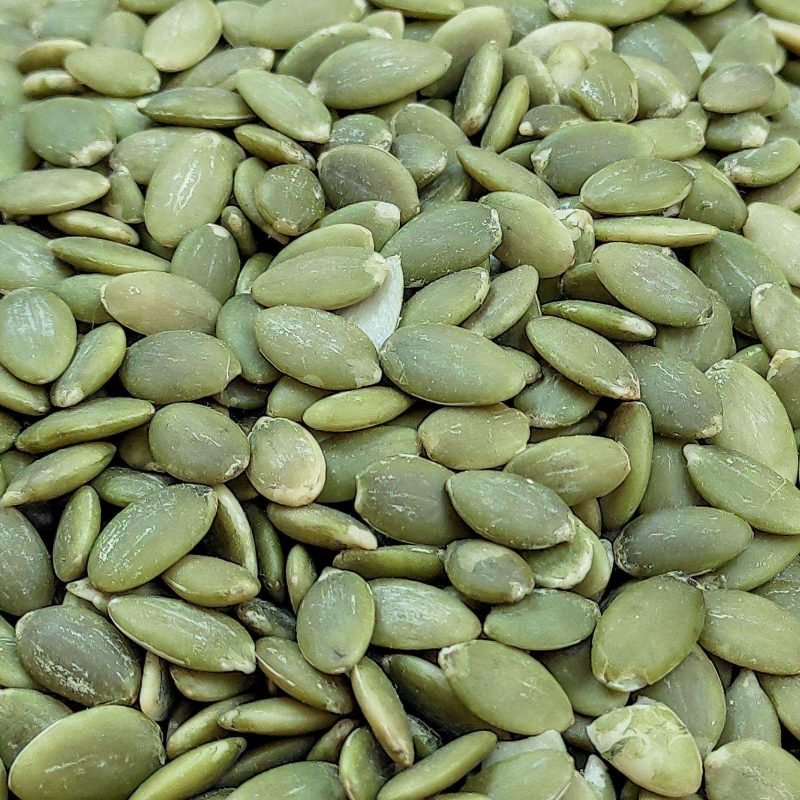
NUTRIENT PRESENTATION
zinc
Found in: meat, offal, oysters, whole grains, yeast, legumes.
Form: Taste-Free™ Zinc (Zn)
Origin: Zinc bisglycinate chelates
Supplier: Albion® Minerals, Balchem
Place of manufacture: Utah, USA
Function: Component of enzymatic reactions
Risk groups: vegetarians, vegans, seniors, adolescents, diets rich in phytates, inflammatory bowel diseases and malabsorption.
ADVANTAGES
Zinc Facts & Knowledge
Supply in Germany according to the National Consumption Study II: 32% of men and 21% of women do not reach the recommended daily intake of zinc [11].
ZINC AND ITS FUNCTIONS [8]
- Cofactor of numerous enzymes and hundreds of enzymatic reactions (including alcohol degradation, antioxidant defense)
- Involved in carbohydrate, protein, fat and nucleic acid metabolism.
- Involved in protein and DNA synthesis and thus in gene expression.
- Cell division and stabilization of cell walls as well as wound healing.
- activation of immune cells.
- Involved in spermatogenesis (production of sperm).
ZINC AND PREGNANCY
- Zinc requirements increase by 43% during pregnancy due to a decrease in plasma zinc levels and by 57% during breastfeeding [4].
- Adequate maternal zinc supply supports the development of the fetal immune system.
- Zinc supports reproductive ability [3].
- Zinc is one of the potentially critical nutrients in plant-based diets: due to the low zinc and high phytate content in plant foods and the high fetal requirement during pregnancy [7].
ACCEPTED HEALTH CLAIMS
- Zinc contributes to normal acid-base metabolism
at - Zinc contributes to normal carbohydrate metabolism
- Zinc contributes to normal
cognitive function in - Zinc contributes to normal
DNA synthesis in - Zinc contributes to normal
Fertility and normal reproduction in - Zinc contributes to normal macronutrient metabolism
- Zinc contributes to normal fatty acid metabolism
- Zinc contributes to normal vitamin A metabolism
at - Zinc contributes to normal
Protein synthesis in - Zinc contributes to the maintenance
normal bone in - Zinc contributes to the maintenance
normal hair - Zinc contributes to the maintenance
normal nails in - Zinc contributes to the maintenance
normal skin - Zinc contributes to the maintenance of normal testosterone levels in the blood
- Zinc contributes to the maintenance
normal vision with - Zinc contributes to normal
function of the immune system
at - Zinc helps protect cells from oxidative stress
protect - Zinc has a function in
cell division
INHIBITORS OF ZINC ABSORPTION
- Phytates that bind zinc
- tannins (coffee, tea)
IMPROVING ZINC ABSORPTION
- animal protein (due to the content of cysteine)
- Organic acids (e.g. citric acid, tartaric acid, but not vitamin C) promote the absorption of zinc from phytate-rich foods such as cereals and legumes.
- Soaking, sprouting grains and legumes or fermenting grains can reduce the phytate content and thereby increase the bioavailability of zinc.
PLANT-BASED DIET
- Zinc is considered a critical nutrient in vegan or vegetarian diets [6].
- A plant-based diet contains large amounts of phytates, which reduce zinc absorption in the intestine.
- Studies show that the zinc supply is on average lower in vegans than in omnivores.
- Plant foods containing zinc include whole grain bread, peas, corn, nuts, carrots, whole grains, wheat germ, soybeans, cabbage, radish, watercress and legumes [12].
NUTRILAB'S ZINC
- Our branded raw material Zinc Bisglycinate ChelatTaste-Free™ from Albion® Minerals is supported by clinical studies and convinces with its quality [9].
- The zinc in Albion® Minerals is bound to two glycine molecules. These molecules lead to better tolerance and easier absorption in the gastrointestinal tract, especially in the presence of phytates. Phytates, which are contained in the fibers of various grains, can reduce zinc absorption.
biomarkers
Note: Despite extensive efforts, there is currently no effective indicator of zinc deficiency. The homeostatic regulation of zinc concentration in the blood up to severe zinc deficiency makes it difficult to accurately assess zinc status. Another complicating factor is that deficiencies in biotin, riboflavin and essential fatty acids can show symptoms similar to zinc deficiency [8].
However, plasma zinc concentration has been recommended by international organizations such as the World Health Organization (WHO), the United Nations Children's Fund (UNICEF), the International Atomic Energy Agency (IAEA) and the International Zinc Nutrition Consultative Group (IZiNCG) as a biomarker of zinc status and risk of zinc deficiency in the population.
10 – 20 μmol/l
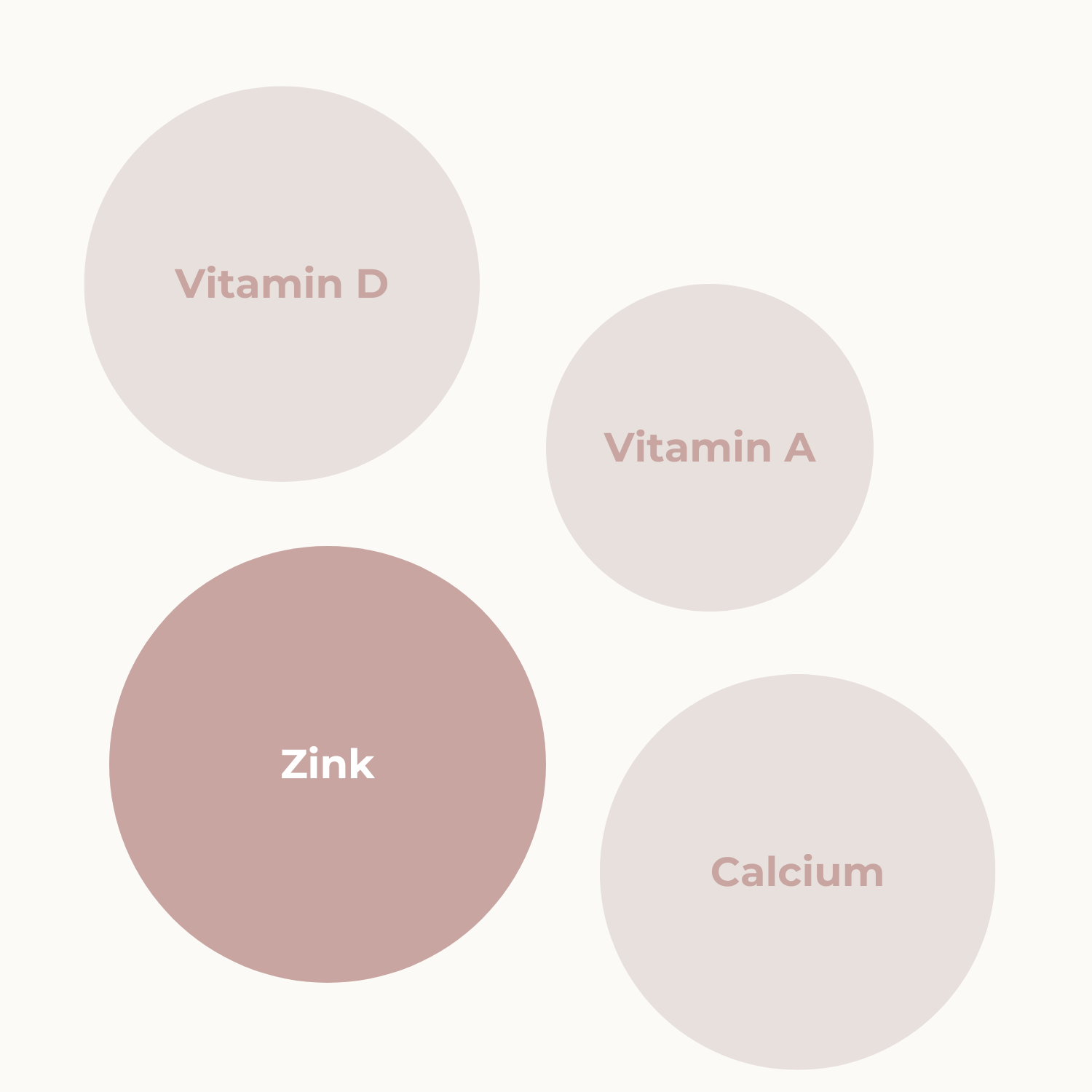
COLLEAGUES
Who does Zink work with?
Zinc supports the immune system and vision with vitamin A. Together with calcium, vitamin D and magnesium, zinc supports bone mineralization.
FOR FURTHER READING
Evidence-based formulations
We use nutrients that are backed by a comprehensive body of research that is growing daily.



